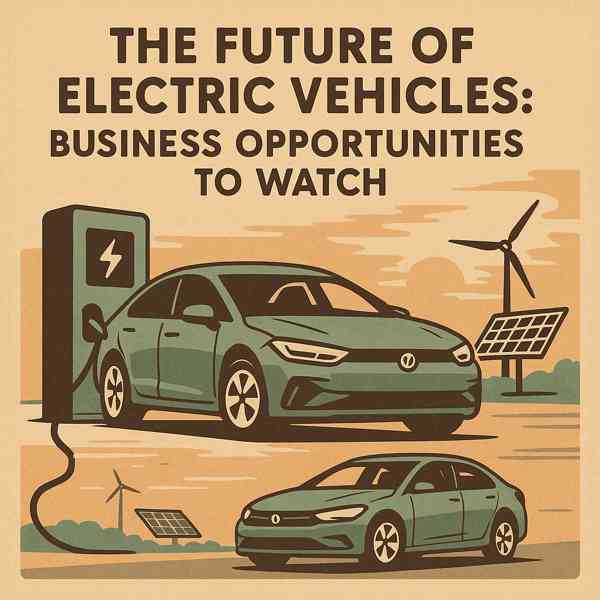
Electric vehicles (EVs) are transforming the way we think about transportation.
As battery technology improves and infrastructure expands, owning an electric vehicle has never been more practical.
The Basics of Electric Vehicles
Unlike gasoline-powered cars, EVs produce no exhaust pollution.
Main elements of an electric vehicle:
- Replaces the internal combustion engine
- Usually lithium-ion or solid-state
- Controls efficiency and output
- Connects to home or public chargers
Electric vehicles come in various types, such as battery electric vehicles (BEVs)—each with different levels of electrification.
Benefits of Electric Vehicles
The rise of electric vehicles is fueled by their positive environmental impact.
What makes EVs attractive:
- Reduced maintenance needs
- No tailpipe emissions
- Less noise and vibration
- Financial perks for EV buyers
For eco-conscious and cost-aware drivers, electric vehicles are an increasingly responsible choice.
Limitations to Consider
Understanding the limitations of electric vehicles will help you get more info make an informed decision.
Common concerns include:
- May require more frequent charging
- Longer trips need planning
- Though often offset by long-term savings
- Batteries degrade over time
As technology advances and infrastructure improves, many of these challenges are becoming easier to manage.
Types of Electric Vehicles
Choosing the right type depends on your needs, driving habits, and budget.
Main types of EVs include:
- Run only on electricity
- Electric motor with backup gasoline engine
- Hybrid Electric Vehicles (HEVs)
- Use hydrogen to generate electricity
Each type has its pros and cons, so buyers should evaluate their needs.
Understanding Charging Options
Charging an electric vehicle is simple once you understand your options.
Main EV charging options include:
- Standard household outlet
- Faster and ideal for daily use
- DC Fast Charging
- Charging without cables
As public charging networks expand, EV owners will enjoy even more freedom, flexibility, and convenience.
What’s Next for EVs?
Electric vehicles are here to stay.
Where EVs are going:
- Higher energy density and faster charging
- Turning cars into energy assets
- The future of hands-free travel
- Expansion of affordable EV models
As innovation continues, EVs will become more mainstream and essential.
Final Thoughts on Electric Vehicles
Electric vehicles represent a major shift in how we think about energy use.
From environmental benefits to cutting-edge tech, electric vehicles offer a sustainable alternative to traditional cars.